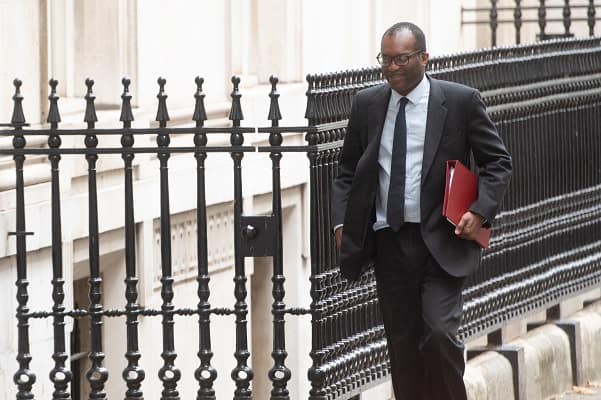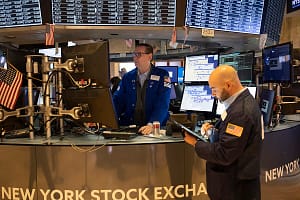The Bank of England raised rates by 50 bps at their delayed September monetary policy meeting, taking the official rate to 2.25%, the highest level in 14 years.
This move was broadly in line with market expectations, although some participants were expecting an even larger increase.
It marks the seventh rate increase in as many meetings. The Monetary Policy Committee (MPC) voted 1-5-3 in favour of an increase of 25-50-75bps respectively, which reveals the range of opinions amongst policymakers.
The Bank also confirmed planned sales of bonds from its balance sheet: these will start on 3 October, and are expected to value around £10bn per quarter.
David Goebel, Associate Director of Investment Strategy at wealth manager Evelyn Partners, said the MPC’s job is becoming ever-more challenging.
Goebel said, ‘As well as inflation at its highest for a generation and faltering expectations for economic growth, the Bank has a new political administration to consider. Liz Truss’ government is set to be very expansionary in fiscal terms, in an attempt to boost growth, with a few specifics of its economic policy revealed at Chancellor Kwasi Kwarteng’s “fiscal event” tomorrow.
‘While the Bank’s primary mandate is to maintain price stability – i.e. control inflation – without a full view of policy direction it makes decision making difficult given the potential impact on consumer finances and spending.
‘A policy that has been announced which will have impacted the Bank’s decision making today is the Energy Price Guarantee. The scheme, expected to cost as much as £150bn, caps the unit cost of energy to end users.
‘While this cap is at levels of approximately double what prices were a year ago, it will be a welcome development to both consumers and businesses. It will also serve to limit peak consumer price inflation, which it had been driving. Bloomberg Economics estimate that, as a result, peak levels of Consumer Price Inflation should now be at 10.5% in October, rather than 15% in January as per their previous estimate.
‘This on the face of it is welcome news for the consumer and the Bank, but the shortfall in energy prices will be financed by government spending, which will result in higher levels of borrowing. This increased level of borrowing has already seen the cost of debt increase significantly.
‘Yields on 10 year gilts have increased from 2% to nearly 3.3% since mid-August, as investors demand higher compensation for financing a deteriorating fiscal position. Sterling has devalued against both the US dollar and Euro, which will lead to higher levels of imported inflation in future.
‘There are beneficiaries to a broadly weaker currency. Sterling prices of assets, like UK-listed equities look more attractive to foreign investors. In particular, those in the energy sector look set to benefit from the prevailing environment of high prices, whilst the new government have said they will not be imposing any further windfall taxes, unlike those being levied on their European counterparts.’





Leave a Comment